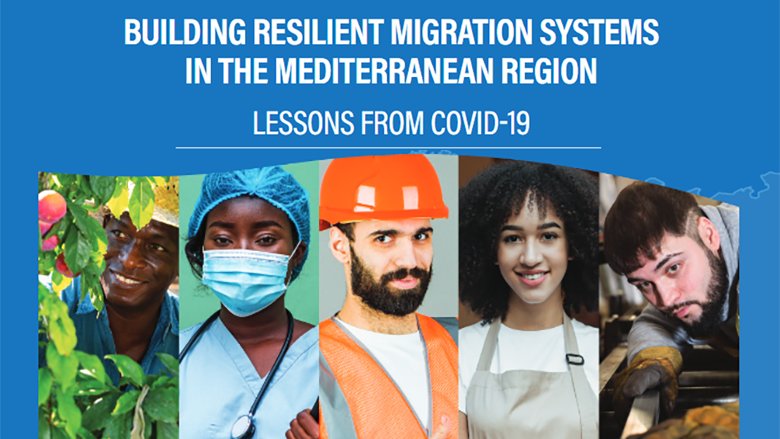For thousands of years, migration has been a source of social and economic well-being for people living on different shores of the Mediterranean Sea. People move for many reasons: to escape war and famine in their home countries, or to seek higher earnings that are frequently sent back to their relatives in the form of remittances.
This complex web of movement across the Mediterranean was disrupted by COVID-19 as countries sought to contain the virus through new restrictions on mobility. The new World Bank publication, Building Resilient Migration Systems in the Mediterranean Region: Lessons from COVID-19, examines what happened to migration during the pandemic. It found that despite the disruptions, the flow of migrants continued, even if people sought riskier routes. The report highlights how countries adapted, introducing new health protocols, fast-tracking migration procedures and expanding basic services.
The report underscores problems with the migration system that existed long before the pandemic and offers policy recommendations to improve the system so that future shocks are less disruptive. These migration reforms could also help countries to better address labor shortages while sustaining household incomes and keeping migrant and native populations safe.
Economic disparities, conflict, climate change and many other challenges result in people crossing national borders and this trend will continue. That’s why it is important to build a more resilient migration system and plan for a more sustainable future.
